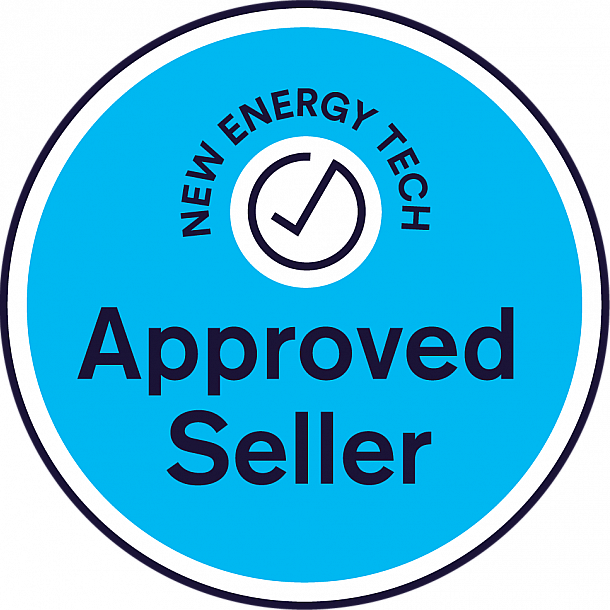Solar installations Adelaide
Welcome to MDB Solar, your premier solar company specialising in efficient and reliable solar power systems installation in Adelaide and its environs. We transform homes and businesses with top-tier solar solutions tailored to the unique climate of South Australia.
Get a free quote


What is involved in sustainable system installation?
Solar installation
Solar installation is a key process in setting up a solar system, involving the mounting of solar products to harness solar power. Our skilled installation team assesses your property for the most efficient placement, ensuring maximum sunlight exposure. We offer a variety of solar systems, each suited to different energy needs and roof types. Our focus is on equipping you with a system that suits your energy requirements and integrates with your property's design, enhancing your move towards sustainable living in Adelaide and South Australia.
Benefits of system installation
Investing in solar with MDB offers significant benefits. It dramatically reduces electricity bills by harnessing free solar energy, helping offset the upfront cost of installation. Our systems also reduce your dependence on fossil fuels, thereby lowering your carbon footprint. Additionally, they can increase your property's value, making them a smart investment. With Adelaide's sunny climate, installing solar is a practical choice for sustainable energy, aligning with both economic benefits and environmental goals.
We offer installation of:
System installation locations
Selecting the right location for your solar installation is crucial. Our experienced installation team expertly assesses residential and commercial properties to identify optimal spots for your system. Residential solar installations typically involve rooftops, maximising energy production. We also consider factors like shading and orientation to ensure the best setup, underlining MDB Solar's expertise in delivering tailored solar solutions.
When to consider installation
The best time for installing your solar system in Adelaide is during milder weather, avoiding extreme conditions. Installing before the summer peak allows you to maximize energy production from longer daylight hours. MDB Solar offers consultations year-round, helping you plan your Adelaide solar installation at the most suitable time, taking advantage of South Australia's climate conditions.

Say goodbye to electric bills
Use solar energy for cost savings & peace of mind! Get Started Now - leave all your problems with us.

Why install a sustainable system?
Rising energy costs and reliance on non-renewable energy sources are clear indicators that it's time to consider solar installation. If you're experiencing frequent power outages or grid inconsistencies, a solar system can offer a reliable alternative. MDB Solar assists in identifying these needs, providing solutions that enhance efficiency and sustainability.
Sustainable system installation options and technologies
At MDB Solar, we offer a variety of solar products, including different types of solar technology. From high-efficiency monocrystalline panels to cost-effective polycrystalline panels and innovative thin-film solar panels, we have options to suit various requirements. Our experienced team helps you navigate these choices, ensuring you make an informed decision based on your energy needs, budget, and aesthetic preferences.
Cost of delaying installation
Postponing your solar installation can mean missing out on savings on energy costs, as each day without quality solar contributes to higher power costs. Additionally, fluctuating energy prices underscore the cost-effectiveness of solar energy. Delaying installation can also mean missing out on government incentives and solar rebates in South Australia.
Professional installation
Solar panel installation
MDB Solar stands as a beacon of trust in the solar industry. Our team comprises fully qualified and certified solar experts who provide professional installation services. We tailor our approach to meet individual client needs, ensuring a smooth installation experience. Choosing MDB Solar means opting for a service that emphasises quality, efficiency, and customer satisfaction.
Contact our team for a sustainable system install today!
Contact MDB Solar today for your solar system installation. Our solar installers' expertise and commitment to quality ensure a seamless transition to solar energy. Join the renewable energy revolution with MDB Solar, and embark on a sustainable journey with us and save on your power bills!

Shop our range of sustainable energy solutions to suit almost any home
Check out our large selection of products!
Heading 3
Lorem ipsum dolor sit amet, consectetur adipiscing elit, sed do eiusmod tempor incididunt ut labore et dolore magna aliqua. Ut enim ad minim veniam, quis nostrud exercitation ullamco laboris nisi ut aliquip ex ea commodo consequat. Duis aute irure dolor in reprehenderit in voluptate velit esse cillum dolore eu fugiat nulla pariatur.
Block quote
Ordered list
- Item 1
- Item 2
- Item 3
Unordered list
- Item A
- Item B
- Item C
Bold text
Emphasis


.webp)
.webp)















.webp)

.webp)